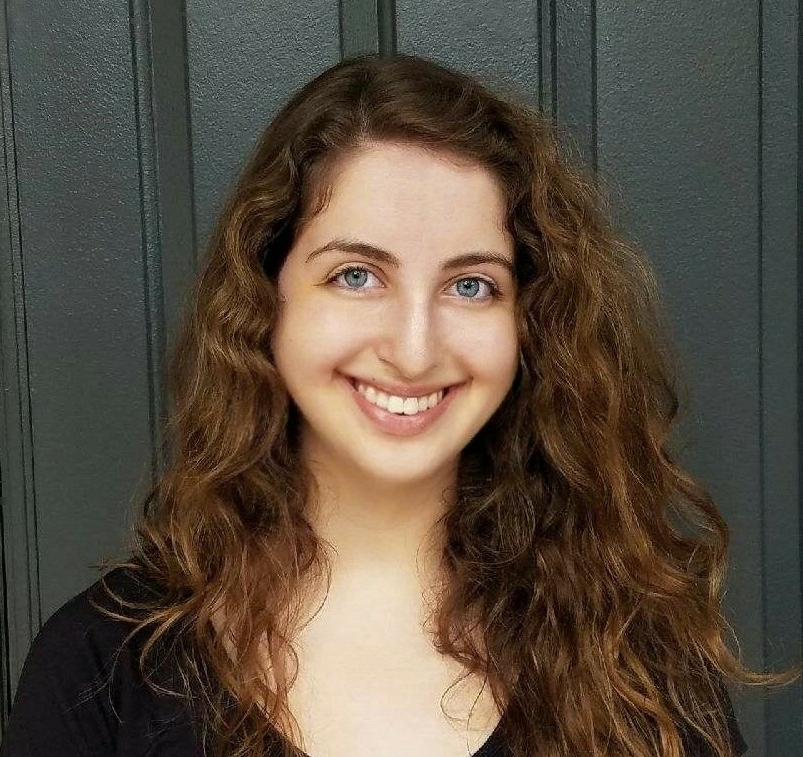Headlines
Contact DSC Public Relations
Ph.D. candidate Tara Khodaei is a finalist in the Graduate School’s Honors, Scholars, and Fellows Student Excellence in the Visual Arts competition. Khodaei’s piece, Greedy Seed, “highlights the human seizure of planet Earth and how it directly affects the collapse of ecosystems and the loss of nature.”

- Details
Students in FSU College of Arts and Sciences’ new master’s degree program learn to use Big Data to answer big questions
By Tom Morgan and Heather Athey
For the past decade, digital data has experienced exponential growth as technology has changed how information is created, captured and consumed. The amount can easily double from year to year, and Statista projects 181 zetabytes — that’s 181 billion terabytes — will be produced in 2025.
- Details
 A Scientific Computing Ph.D. candidate in Computational Science and Fire Dynamics won second place in the Florida State University Three Minute Thesis (3MT™) annual competition. Daryn Sagel presented research entitled, Modern Methods of Analyzing Fire Spread, which discusses methods used to analyze and predict the spread of wildfires. 3MT™ is a research communication competition developed by The University of Queensland, Australia, that develops academic, research and presentation skills and supports the development of students' capacities to effectively explain their research (which can be quite complex) in language appropriate to an intelligent but non-specialist audience. Doctoral students have three minutes to present their dissertation topic and its significance in a compelling, clear and concise manner.
A Scientific Computing Ph.D. candidate in Computational Science and Fire Dynamics won second place in the Florida State University Three Minute Thesis (3MT™) annual competition. Daryn Sagel presented research entitled, Modern Methods of Analyzing Fire Spread, which discusses methods used to analyze and predict the spread of wildfires. 3MT™ is a research communication competition developed by The University of Queensland, Australia, that develops academic, research and presentation skills and supports the development of students' capacities to effectively explain their research (which can be quite complex) in language appropriate to an intelligent but non-specialist audience. Doctoral students have three minutes to present their dissertation topic and its significance in a compelling, clear and concise manner.
- Details
The College of Arts and Sciences, Florida State University, and the FSU Board of Trustees recently awarded Dr. Bryan Quaife tenure and promotion to Associate Professor. Quaife joined the Department of Scientific Computing as an Assistant Professor in the Fall of 2016 after completing a four years as a postdoctoral associate at the University of Texas at Austin. His research seeks to develop and implement numerical methods to efficiently and accurately describe both slow (groundwater flow, nanorod and biomembrane suspensions) and fast moving (fire and plumes) fluid flows.
- Details
Several Florida State University researchers are among the most cited academics worldwide, according to the annual Highly Cited Researchers 2021 list from Clarivate, a data and analytics company.
Three current university faculty members — Professor of Scientific Computing Alan Lemmon, Associate Professor of Biological Science Emily Moriarty Lemmon and Professor of Psychology Thomas Joiner — as well as the late Michael Davidson, the former head of the National High Magnetic Field Laboratory’s optical microscopy program, are on this year’s list.
- Details

